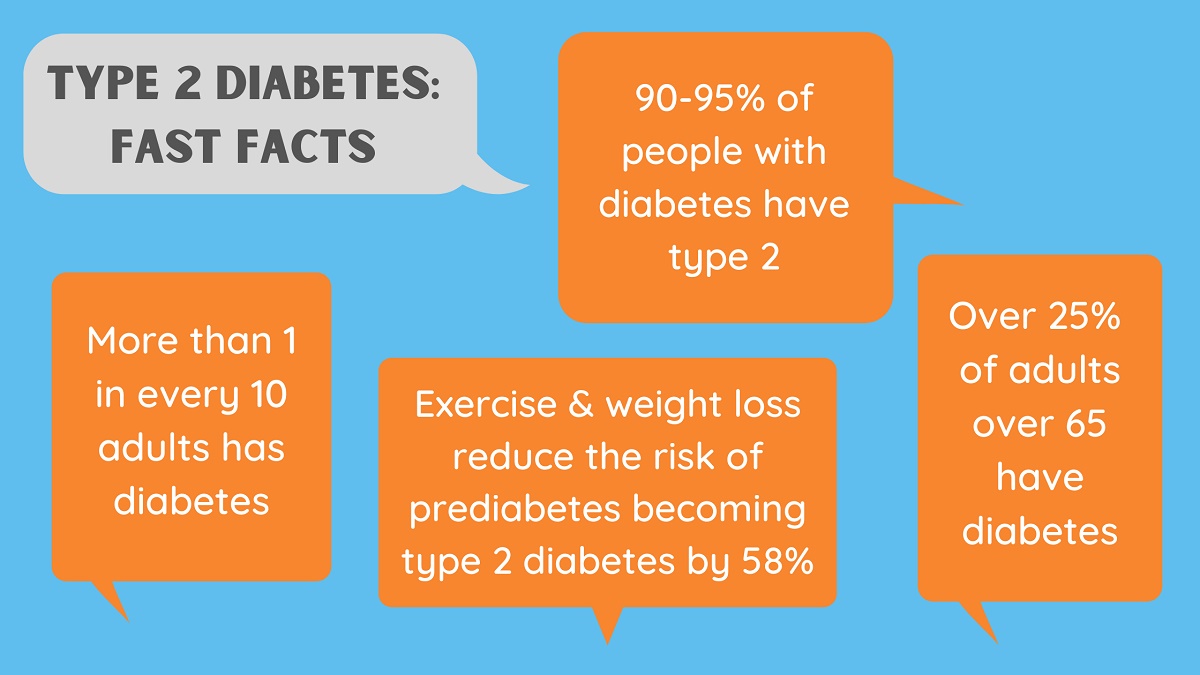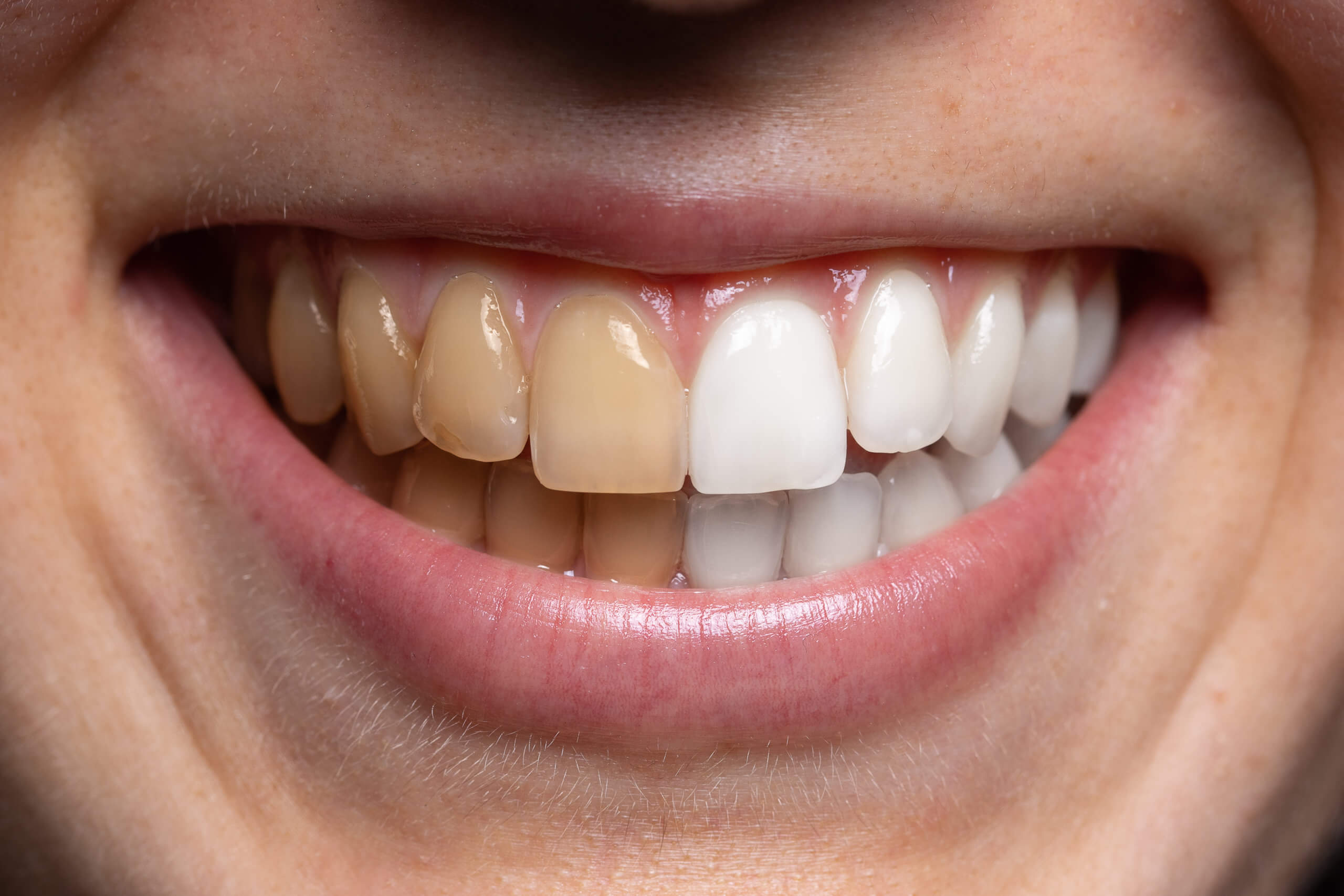She started on a sugar-free lifestyle after getting diagnosed with pre-diabetes.
Carolyn Hartz from is now 72 years old, but her youthful appearance has gotten her so many questions about her secret. The baker shares that she’s been avoiding sugar for the past 32 years!
Carolyn wants to steer completely away from lifelong medicines and embarked on a journey to search for sugar alternatives. She found Xylitol, a sugar-free sweetener when she went to the US. And that had replaced sugar, honey, and other types of sweeteners in her life.
She is also a fitness lover, having represented Western Australia in her peak days.

She now does Yoga and Pilates in order to stay on top of her physique. The “Xylitol Lady” often shares recipes for baking that don’t require sugar. She founded SweeLife Australia at the age of 55.
At the age of 65, she also learned meditation after a breast cancer warning.

“A lot of sugars have healthy names like agave, rice malt syrup. Even honey in excess is not good for you. But you find these in foods like flavored yogurts, cereal bars, sports drinks, and packaged fruits,” she reveals.
When she makes appearances on TV and talked about her sugar-free lifestyle, she received criticisms that say she also had surgeries. However, the grandmother-of-four remained cool and explained, “Yes, I do get some maintenance done, but surgery is not the answer to a healthy wellbeing.”

“A lot of sugars have healthy names like agave, rice malt syrup. Even honey in excess is not good for you. But you find these in foods like flavored yogurts, cereal bars, sports drinks, and packaged fruits,” she reveals.
When she makes appearances on TV and talked about her sugar-free lifestyle, she received criticisms that say she also had surgeries. However, the grandmother-of-four remained cool and explained, “Yes, I do get some maintenance done, but surgery is not the answer to a healthy wellbeing.”
10 Things That Happen to Your Body When You Stop Eating Sugar
If the start of your day consists of going to your nearest coffee shop and grabbing a powdered doughnut and an extra sweet coffee, chances are your daily sugar intake could be high. On average, Americans consume 270 calories of added sugars per day, according to the 2015-2020 Dietary Guidelines for Americans. To put that into perspective, this is about 17 teaspoons of sugar daily—the maximum daily added sugar intake should be no more than 9 teaspoons (150 calories) and 6 teaspoons (100 calories) for men and women, respectively.
Too much sugar in your diet can influence your likelihood of obesity and type 2 diabetes, and even heart disease. But this does not mean you cannot have sugar at all. The American Heart Association says it is better to add a small amount of sugar to improve the taste of foods, such as whole-grain cereal, rather than opting for foods that are already highly sweetened. (Find out whether eating too much sugar causes type 2 diabetes.)
However, if you’re looking to cut sugar out of your diet, either completely or temporarily, it can lead to noticeable changes in your body and with your mood.
We spoke with health experts who weigh in on how not eating sugar can lead to several improvements.
You may look younger

Sugar equals wrinkles, says Anthony Youn, MD, a plastic surgeon in Troy, Michigan, and author of The Age Fix: A Leading Plastic Surgeon Reveals How To Really Look Ten Years Younger. “Sugar causes glycation, a process by which the sugar molecules bind to and deform the collagen and elastin in our skin,” Dr. Youn says. Collagen and elastin are the two main proteins that give our skin its youthful, supple properties, so we want to preserve them as much as possible.” Giving up (or reducing) the amount of sugar you eat can also reduce glucose and insulin spikes in your bloodstream, reducing chronic and acute inflammation linked to aging.” You can get your glow on within 14 days of giving up sugar, Dr. Youn says. Here’s more on what happens to your skin when you eat sugar.
You may feel happier

“You might think eating a cookie will make you happy, but sugar consumption has actually been linked to higher rates of depression,” says Megan Gilmore, a certified nutritionist consultant in Kansas City, Kansas, and author of No Excuses Detox: 100 Recipes to Help You Eat Healthy Every Day. “This may be due to the fact that sugar can lead to chronic inflammation, which impacts brain function.” When you cut out sugar, you might feel that fog lift, along with your mood, in just one to two weeks, she says. Research helps to back this up. Women who consumed foods that ranked high on the glycemic index, including those rich in added sugar, were more likely to be depressed than women who ate fewer of these foods, according to a 2015 study in The American Journal of Clinical Nutrition.
If you control sugar spikes, you keep your moods in check, confirms Leah Kaufman, MS, registered dietitian at NYU Langone’s Weight Management Program. “Think about a kid on Halloween. After they eat all that sugary candy, they get a sugar high, and then they crash,” she says. This is what happens when adults eat sugar too. Here’s how to get started cracking a sugar addiction.
You may lose some pounds

“Sugar can be addicting, and when we decrease the amount that we eat, it also stops cravings, so we consume fewer calories and lose weight,” Kaufman says. “When you eat refined sugar, your body may not get the signal that you’re full, causing you to consume too many calories and gain weight,” Gilmore says, adding, “When you replace sugar with nourishing whole foods, your hormones will naturally regulate, sending signals to the brain when you’ve eaten enough.” As a result, you’ll lose weight without trying so hard—often within the first week, she says. (Look out for these signs you are eating too much sugar.)
You’ll lower type 2 diabetes risk

Quitting sugar gives your body’s natural detox systems a chance to do their job. “In the first couple of hours without sugar, your pancreas will start to produce less insulin and your liver will also start to catch up on processing stored toxins,” explains Marc Alabanza, a certified nutritional counselor and program director of GroundSea Fitness, a detox retreat in the Berkshires of Massachusetts. This process will take a little longer if you are already insulin resistant (a pre-diabetes state in which your body produces the hormone insulin, but doesn’t use it properly), he adds. “The time for most of these symptoms to completely subside can run up to five weeks, at which point one will no longer be a slave to refined sugar.” (Don’t miss the ways to maintain healthy blood sugar levels.)
You may catch fewer colds

Sugar contributes to chronic inflammation, which lowers our immune system’s ability to fight off colds and flu, Gilmore says. What happens to your body when you stop eating sugar? “You’re likely to have fewer sniffles year-round, and it may also help to reduce your allergy and asthma symptoms too.” It’s not too difficult to eat less sugar if you try these easy food swaps to reduce your sugar intake.
You may live longer
“When glucose spikes after eating sugary food, our insulin increases to compensate for it, and this activates a part of our nervous system which increases blood pressure and heart rate,” Kaufman says. High blood pressure is a major risk factor for heart disease, as is type 2 diabetes and obesity, both of which have been linked to excessive sugar consumption. Sugar also increases unhealthy blood fats called triglycerides in the blood, which up risk for heart disease and stroke. In a 2014 study, published in JAMA Internal Medicine, those who ate the most added sugar were most likely to die from heart disease than their counterparts who consumed the least.

You’ll improve your breath and your smile

Your sweet tooth is really anything but when it comes to the health of your smile, says Saul Pressner, a dentist in New York City. “Sugar is a major cofactor in causing cavities as it interacts with bacteria in your mouth to form the acid that causes decay,” he says. Your breath will also improve as sugar feeds the bacteria that cause bad breath. These benefits will be immediate, and will only get better with time, he says. Here are some other things sugar does to your body.






